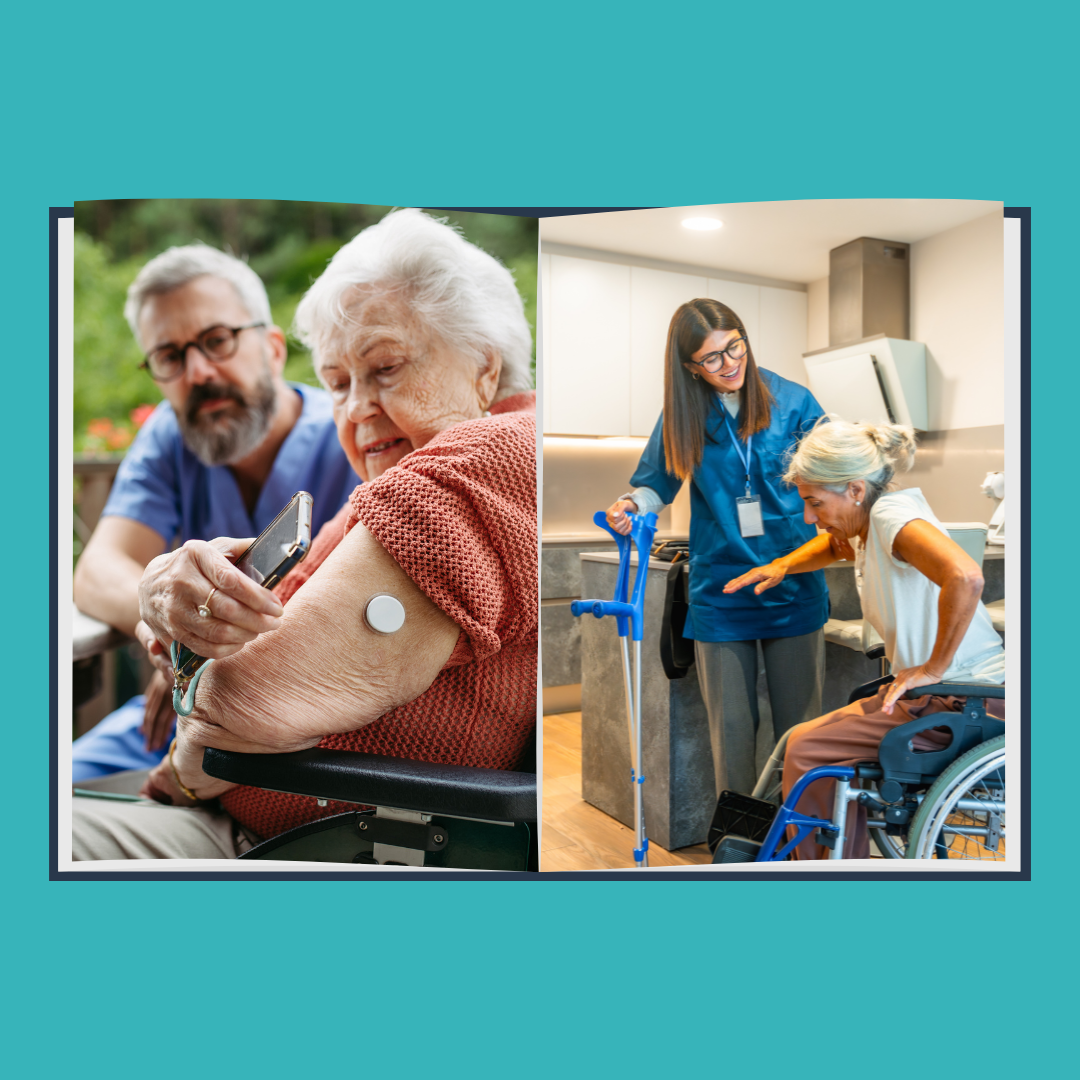New Paragraph
February 3, 2025
The Importance of Love and Companionship for Seniors
Loneliness and social isolation are serious concerns among the elderly. According to the National Institute on Aging, prolonged loneliness can increase the risk of depression, anxiety, and even cognitive decline. Studies show that seniors who engage in regular social interactions experience lower levels of stress and improved emotional well-being.
Companionship plays a crucial role in mental and physical health. Engaging in conversations, participating in social activities, and maintaining friendships contribute to a senior's overall happiness. Caregivers, family members, and community programs can all play a role in ensuring that seniors feel valued and connected to the world around them.
Key Statistics:
- A study published in The Journal of Aging and Health found that seniors with strong social ties had a 50% increased chance of living longer compared to those without.
- The CDC reports that loneliness is associated with a 29% increased risk of heart disease and a 32% increased risk of stroke.
- Research from the American Journal of Geriatric Psychiatry shows that social engagement can lower the risk of dementia by up to 40%.
How to Combat Senior Loneliness:
- Encourage regular visits from family and friends.
- Promote participation in community events, clubs, and hobbies.
- Introduce technology, such as video calls, to keep in touch with distant loved ones.
- Encourage pet therapy, as animals provide comfort and companionship.
- Explore volunteering opportunities to foster a sense of purpose.
- Support intergenerational programs that connect seniors with younger generations.
- Arrange for in-home caregivers or companions who can provide meaningful interaction.
- Organize group activities such as book clubs, gardening, or cooking classes to enhance engagement.
- Create local support groups where seniors can share experiences and bond with others facing similar challenges.
The Psychological Effects of Isolation on Seniors
Loneliness can lead to serious mental and emotional health issues among seniors. Prolonged social isolation has been linked to depression, cognitive decline, and increased stress levels. Seniors who lack social interaction may experience lower self-esteem, anxiety, and a sense of hopelessness. Encouraging daily interactions and community engagement can greatly reduce these risks.
How Family Involvement Can Enhance a Senior’s Well-being
Family involvement is a key factor in a senior’s emotional and physical health. Regular visits, phone calls, and family gatherings can provide emotional support and a sense of belonging. Encouraging multi-generational interactions, such as having grandchildren spend time with grandparents, strengthens family bonds and fosters emotional well-being.
The Role of Technology in Keeping Seniors Connected
Advancements in technology make it easier for seniors to stay connected. Video calling apps, social media, and online forums allow seniors to interact with friends and family members, even if they are far away. Teaching seniors how to use these technologies can help reduce feelings of loneliness and increase their sense of connection.
How Music and Art Therapy Can Help Seniors Cope with Loneliness
Creative activities such as music and art therapy have been shown to improve mood, reduce stress, and provide an emotional outlet for seniors. Participating in these activities can also create opportunities for social interaction and engagement, further reducing feelings of loneliness.

Parkinson’s Disease in Seniors: How In-Home Care Enhances Mobility, Safety, and Emotional Well-Being
Explore how Parkinson’s disease impacts seniors and how in-home care improves mobility, safety, emotional well-being, and daily independence. A must-read guide for families supporting aging loved ones with Parkinson’s.








